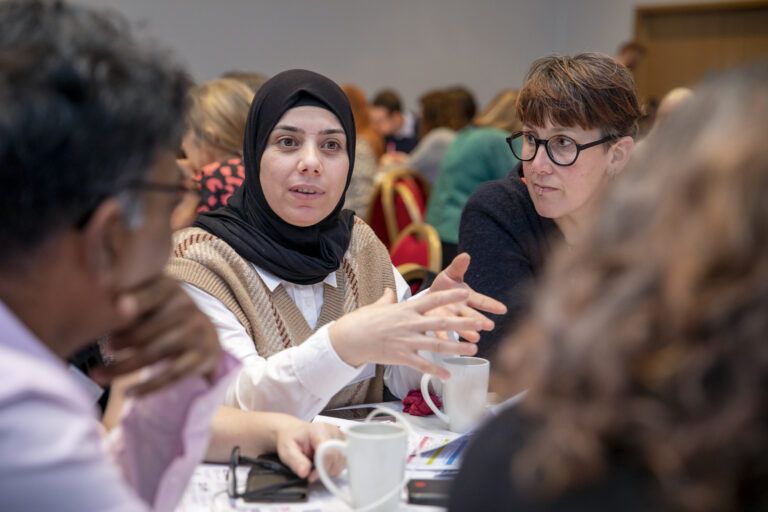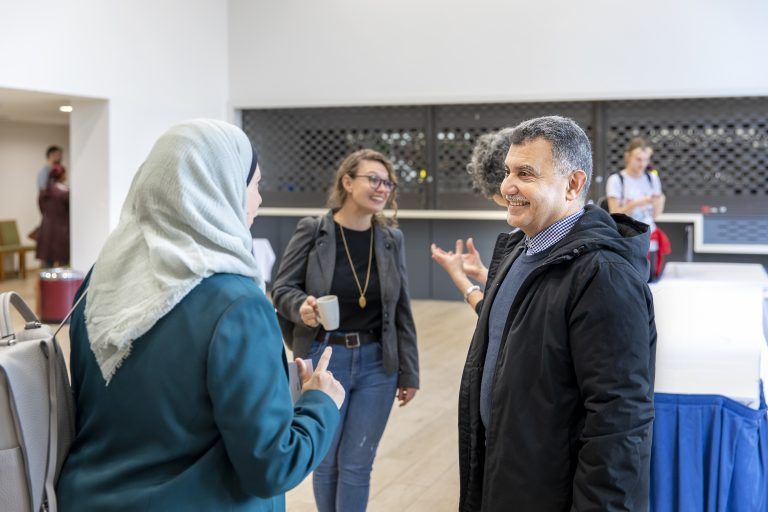Reflections
Arguably, the greatest success of the project was our ability to swiftly respond to the needs of a significant number of newly arrived refugees and asylum seekers, providing regular ESOL classes at appropriate levels. Participants were offered a safe, comfortable, and welcoming environment to learn English and practice their language skills.
The ESOL classes and related wellbeing activities fostered social interaction, instilled a sense of purpose, and helped many individuals struggling with feelings of isolation and the pressures of the asylum system to become part of a ‘community of learning.’
Feedback collected throughout the project, along with learners’ perceptions of their own progress, demonstrated that the ESOL classes funded by the Supporting New Scots Fund were highly valued by participants and positively influenced their confidence in using English in daily life.
Language learning is rarely a quick journey; however, the gradual ease of everyday interactions and the sense of ‘success’ in real-life situations significantly contribute to self-esteem, self-determination, and resilience.
Another success was facilitating learners’ progression to college. Through partnerships with Glasgow Clyde College, Community InfoSource has been able to refer students ahead of published application dates. (Ultimately, success in gaining a place depends on the attitude, commitment, and determination of the learner.)
Finally, the project created opportunities to recruit and develop new volunteers, primarily in assistant roles, with an interest in obtaining ESOL teaching qualifications. Looking ahead, we hope that Community InfoSource will be able to sponsor and support refugees and individuals in the asylum system in gaining accreditations such as the Professional Development Award: Introduction to Tutoring ESOL (PDA: ITESOL).





